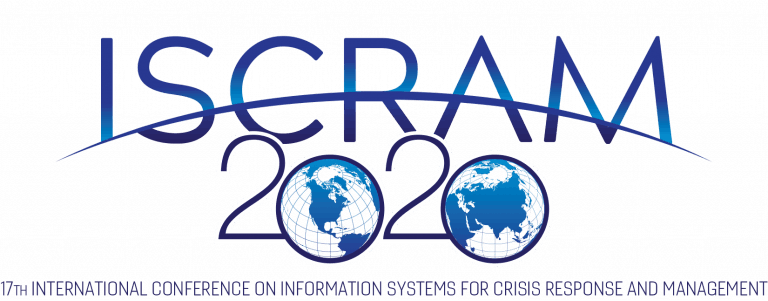

Today’s First Responders (FR) are using technology of the past. During their primary mission of saving lives and preserving society’s safety and security, FRs face a multitude of challenges. In both small scale emergencies and large scale disasters, they often deal with life-threatening situations, hazardous environments, uncharted surroundings and limited awareness. Threats and hazards evolve rapidly, crossing municipalities, regions and nations with speed and ease. Armouring public safety services with all the tools that modern technology has to offer is critical. Such tools holistically enhance their protection and augment their operational capacities, assisting them in saving lives as well as ensuring their safe return from the disaster scene.
This track invites novel qualitative and quantitative research, studies as well as use cases presenting technologies for First Responders (fire brigades, emergency medical services, police agencies and civil protection organisations) and describing intelligent, integrated, interconnected and seamless tools & services that add layers of protection against the dangers of their working environment and augment their situational awareness. Contributions on novel tools and services for FRs: 1) for enabling protection of the first responders with respect to their health, safety and security; 2) for enhancing their operational capacities by offering them means to conduct various response tasks and missions boosted with autonomy, automation, precise positioning, optimal utilisation of available resources, upgraded awareness and sense-making; and 3) for allowing shared response across first responders’ teams and disciplines by augmenting their field of view, information sharing and communication among teams and with victims, are warmly encouraged. The common denominator of this track remains upgrading the capacities of FRs with novel ICT technologies to perform under complex, dynamic and stressful environments that facilitate efficient and collaborative response and ultimately effective decision making.
For more information regarding this track, visit the ISCRAM 2020 webpage.
Website was built with Mobirise
SHARE THIS PAGE!